This information is stated in the report “Vietnam's AI Economy ” published by the National Innovation Center (NIC), Japan International Cooperation Agency (JICA) and Boston Consulting Group (BCG) on June 12 in Hanoi.
Speaking at the event, NIC Director Vu Quoc Huy emphasized the strategic importance of AI for Vietnam. At the same time, he affirmed our country's determination to establish a solid position on the world AI map, through extensive cooperation with leading countries, economies and technology corporations.
According to BCG's report, by 2040, the majority of AI value for Vietnam will come from improving operational efficiency ($60–75 billion) through automation, predictive analytics, and process optimization. The remaining $45–55 billion will come from consumer demand for AI-integrated products and services.
According to experts, globally, AI is forecast to contribute $5 trillion to the world's GDP by 2030, thanks to its ability to improve efficiency, support decision-making, and change the way many economic sectors operate.
In Vietnam, although AI has been initially applied in many fields, the implementation process in the public sector and public services is still in the testing phase. The report points out that most new AI solutions are applied in some provinces or state agencies. National scale-up is facing obstacles in terms of finance, implementation capacity and lack of sustainable cross-sectoral cooperation models.
In the enterprise sector, the survey shows that most units are facing difficulties in expanding AI applications, such as limitations in internal capacity, costs, quality data and a shortage of AI-savvy personnel.
However, Vietnam’s IT workforce is growing positively, with a forecast of 530,000 experts by 2026 (up 9% compared to 2022). About 10 universities have launched undergraduate programs in AI, with a total enrollment of about 1,700 students per year.
To take advantage of this potential, experts recommend that Vietnam take drastic actions and focus on three main directions:
First, prioritize the deployment of high-impact AI applications in the public and private sectors, through public-private partnership models and effective communication. Second, support the AI startup ecosystem with structured startup accelerator programs and national innovation funds. Third, promote systematic AI research and training cooperation, modernize curricula, and enhance talent capacity in the field.
In addition, Vietnam is recommended to focus on three factors: supporting and popularizing AI knowledge for each target group; building high-quality open data and developing infrastructure; establishing a flexible AI governance framework such as a sandbox and investment attraction policies.
At the event, Mr. Vu Quoc Huy said that NIC will cooperate with JICA DXLab to implement the AI Startup Acceleration Program in Vietnam. The goal is to support early-stage startups to improve their capacity, access the market and attract investment, thereby building internal strength for the national AI ecosystem.
“With a young, dynamic, technology-savvy team and a desire for innovation, Vietnam is ready for the journey to become a center for AI research, development and application in the region and globally,” Mr. Huy emphasized.
Source: https://doanhnghiepvn.vn/chuyen-doi-so/den-nam-2040-ai-co-the-dong-gop-130-ty-usd-vao-nen-kinh-te-viet-nam/20250612104208536


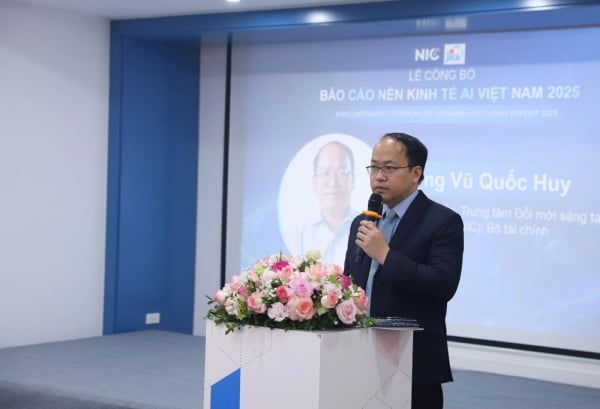
![[Photo] Prime Minister Pham Minh Chinh chairs the national online conference on combating smuggling, production and trade of counterfeit goods.](https://vphoto.vietnam.vn/thumb/1200x675/vietnam/resource/IMAGE/2025/6/23/4a682a11bb5c47d5ba84d8c5037df029)

![[Photo] Prime Minister Pham Minh Chinh holds meeting to launch exhibition of national achievements to celebrate 80th National Day](https://vphoto.vietnam.vn/thumb/1200x675/vietnam/resource/IMAGE/2025/6/23/0c0c37481bc64a9ab31b887dcff81e40)







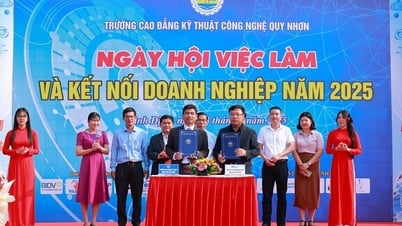





![[Photo] Party Congress of the Central Internal Affairs Commission for the 2025-2030 term](https://vphoto.vietnam.vn/thumb/1200x675/vietnam/resource/IMAGE/2025/6/23/5bf03821e6dd461d9ba2fd0c9a08037b)





















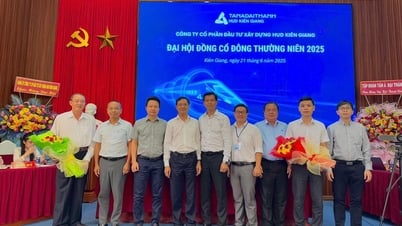




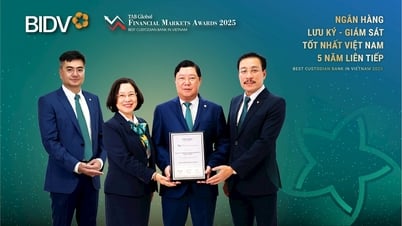

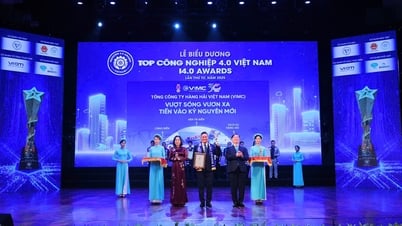

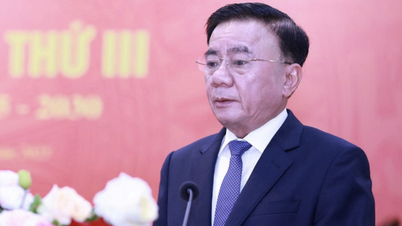

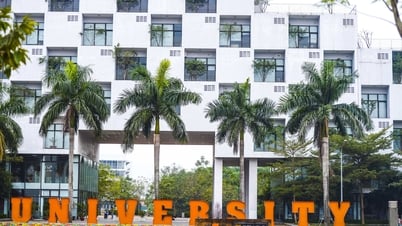

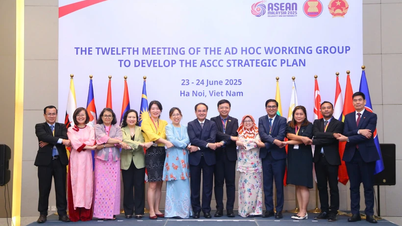







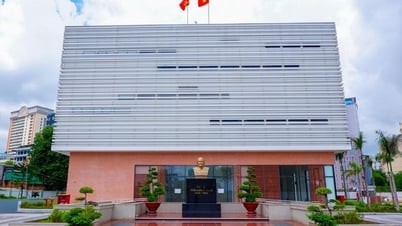























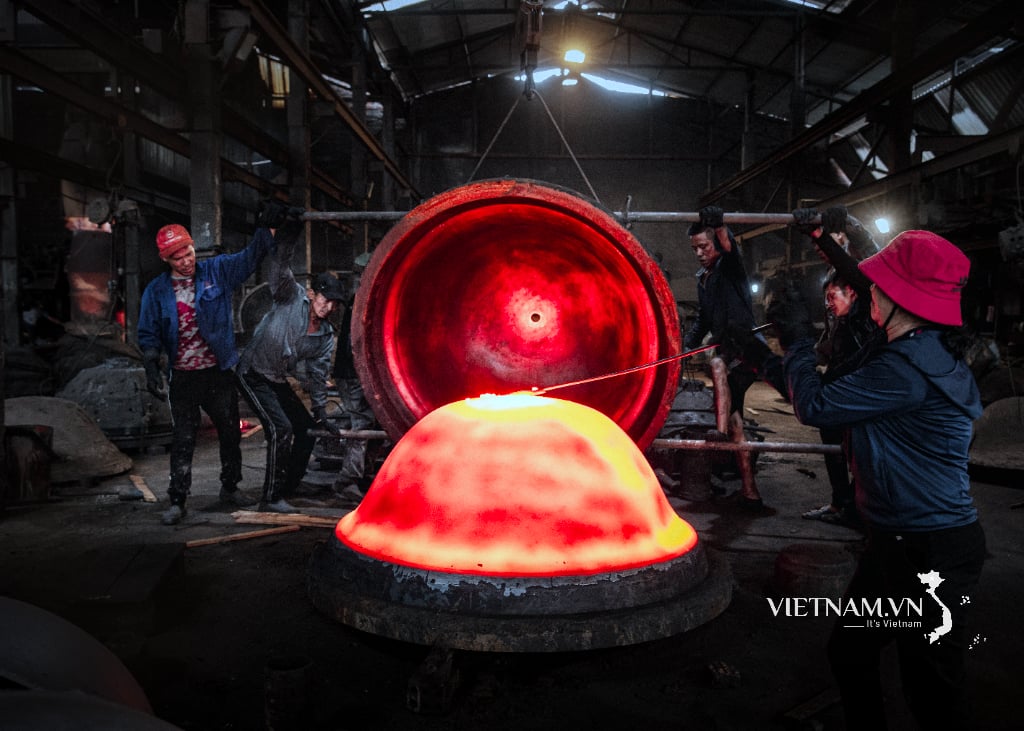


Comment (0)